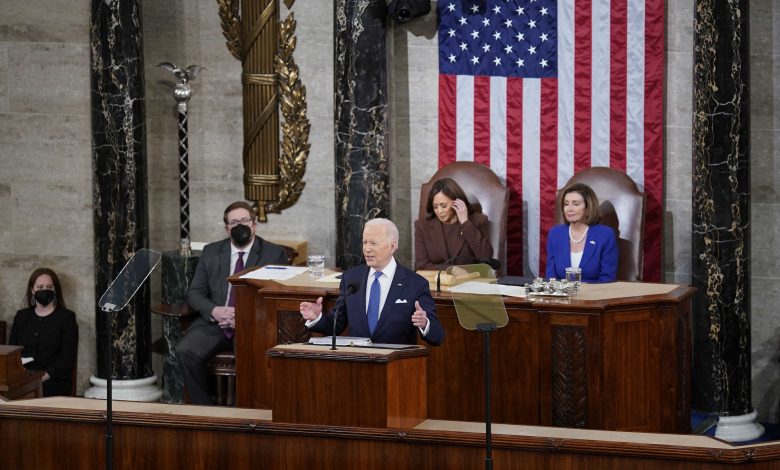Reports
U.S. Administration: Will It Achieve a Breakthrough in the Sudan Crisis?

Sudan Events – Agencies
The U.S. Congress, both the House and the Senate, has recently seen a wave of legislative activity, as the Biden administration makes a final diplomatic push to revive stalled peace talks concerning the ongoing war in Sudan, which began on April 15, 2023.
Quadrilateral Meeting
On the sidelines of the G7 foreign ministers’ meeting in Italy over the past two days, a quadrilateral meeting took place on Monday. It included the foreign ministers of Egypt, the UAE, Saudi Arabia, and the U.S., where they discussed ways to stabilize Sudan by focusing on achieving a ceasefire and enhancing the delivery of humanitarian aid.
Additionally, U.S. envoy Tom Perriello visited Sudan on November 18 to hold talks with General Abdel Fattah al-Burhan, head of the Sovereign Council and commander-in-chief of the army. Discussions revolved around a “roadmap to end the war and deliver humanitarian aid.”
In a statement, the Sudanese Ministry of Foreign Affairs noted that the U.S. envoy engaged in frank discussions with Sudanese officials about the need to stop the fighting, facilitate unhindered delivery of emergency relief during lulls in the conflict, and commit to a civilian government. He also praised the recent expansion of humanitarian aid access to famine-stricken areas.
Estimates indicate that around 10 million Sudanese have been displaced by the war, with 2 million becoming refugees, and over 25 million facing severe hunger, according to international organizations.
Congressional Movements
John James, a Republican congressman from Michigan and chair of the House Foreign Affairs Subcommittee on Africa, introduced a resolution condemning the atrocities—some amounting to genocide—committed by the Rapid Support Forces (RSF) and their allied militias against the Masalit people and other non-Arab ethnic groups in Darfur.
Earlier, a bipartisan group of lawmakers in the Senate Foreign Relations Committee introduced the Sudan Accountability Act. This legislation mandates the Secretary of State to determine whether the actions of warring parties and affiliated armed groups constitute genocide, war crimes, or crimes against humanity.
The bill was co-sponsored by Democratic Senator Chris Coons of Delaware and Republican Senator Jim Risch of Idaho.
In recent weeks, two lawmakers introduced legislation seeking to halt U.S. arms sales to the UAE until Washington confirms that Abu Dhabi is not supplying arms to the RSF. However, the bill has garnered limited support.
Under U.S. law, Congress must review major arms deals and allows senators to vote on resolutions rejecting such sales.
Biden Administration’s Shortcomings
In an interview with Al Jazeera, Cameron Hudson, former Sudan file coordinator under President Barack Obama and current expert at the Center for Strategic and International Studies in Washington, noted, “Since the start of the war in Sudan, Congress has consistently pressed for a stronger diplomatic response than what the Biden administration has provided.”
He added, “At this stage, Congress acknowledges the failure of the administration’s approach. The sides cannot be treated equally responsible for atrocities in this war. For Sudan’s unity, the RSF must ultimately be eliminated.”
Former Assistant Secretary of State for African Affairs and Middle East Institute researcher David Shinn told Al Jazeera that bipartisan efforts in the Senate and House to encourage the administration to take stronger measures against the RSF come at a challenging time.
He explained that both the outgoing Biden administration and the incoming Trump administration, whose transition concludes on January 20, are focused on the political handover, making foreign policy initiatives a lower priority.
Trump Administration’s Potential Approach
Asked about Donald Trump’s stance on Sudan and whether it would differ from Biden’s, Hudson suggested that Trump might become involved in Sudan’s conflict due to pressure from Arab regional powers. Rather than directly mediating between warring Sudanese factions, Trump’s focus would likely be on mediating between the regional states backing opposing sides in the conflict.
Trump’s role, according to Hudson, would involve assisting these states in reaching a mutually agreeable resolution for Sudan. While this may not align with the vision of Sudanese democrats, achieving peace and establishing conditions for a new civilian government would still represent a positive step.
Ambassador Shinn told Al Jazeera that, despite the Biden administration’s efforts to arrange a ceasefire and improve humanitarian access, its success has been limited. He added that Trump’s administration might adopt a less proactive stance on external conflicts, particularly in Global South countries.



